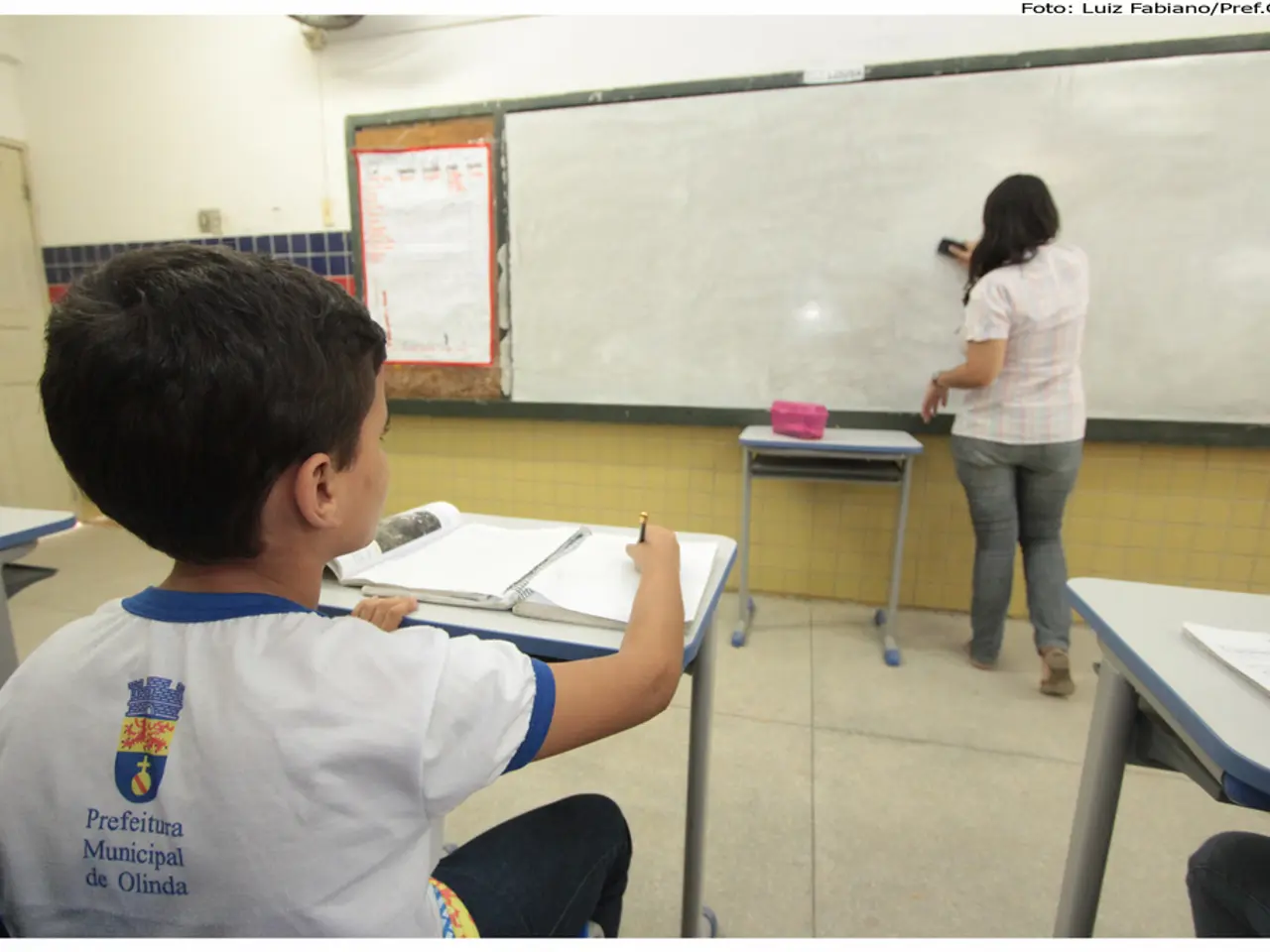Discussing the possible elimination of homework in schools comes from Vyacheslav Volodin's proposal.
In a bid to address the issue of excessive workload on students, Russia has taken significant steps to reform its educational system. The State Duma deputy, Vyacheslav Volodin, has highlighted the concerns regarding the amount of time students in Russia spend on schoolwork, with estimates suggesting that they spend 8-10 hours a day on schoolwork.
In response, the Ministry of Education and Science has approved a maximum time limit for homework. From the new academic year, first-graders will be allocated one hour for homework, while second and third-graders will have a maximum of 1.5 hours, and fourth-graders will have a limit of two hours.
However, Volodin has expressed concerns that these technologies sometimes lead to a waste of time instead of productive learning. He has advocated for a balanced approach where homework aims to augment learning rather than automate tasks.
The Russian government's initiatives are not limited to workload reduction. The Ministry of Education has developed recommendations for optimizing the educational burden through adaptable lesson schedules for grades 1-11, effective in the 2025/26 academic year. These schedules offer multiple timetable options, allowing schools to tailor class loads within federal requirements. The proposals also emphasize integrating socially important lessons and career guidance to balance workload and developmental goals.
Moreover, the State Duma is working on proposals to change homework policies. These include banning the use of artificial intelligence tools and ready-made internet answers in homework. The aim is to maintain homework as a tool to consolidate knowledge, develop creativity, critical thinking, and independence.
On an international level, research highlights a similar approach where homework aims to foster deeper learning and creativity. For instance, students worldwide use AI for study assistance, proofreading, and research, but not to fully automate writing or creative tasks. There is advocacy for clear guidelines and formal training on acceptable homework practices involving technology to enhance critical thinking and creativity without undermining the learning process.
Vyacheslav Volodin has also pointed out that the issue becomes more relevant due to the use of artificial intelligence technologies and internet searches for homework. The State Duma deputies plan to revisit the issue of excessive load on students in September.
In conclusion, Russia's current initiatives focus on workload reduction through structural schedule changes and sanctioning limited, creativity-supporting homework, while international perspectives emphasize augmented, research-based homework that fosters deeper learning and creativity with appropriate support and regulation.
The initiatives by the Russian government extend beyond workload reduction in education-and-self-development to include optimizing lesson schedules and integrating socially important lessons, aiming to balance workload and developmental goals. Politicians are also working on proposals to change homework policies, such as banning artificial intelligence tools and ready-made internet answers, to maintain homework as a tool for consolidating knowledge, developing creativity, critical thinking, and independence. The international community, meanwhile, advocates for guidelines and formal training on acceptable homework practices involving technology to enhance critical thinking and creativity without undermining the learning process in general-news.




